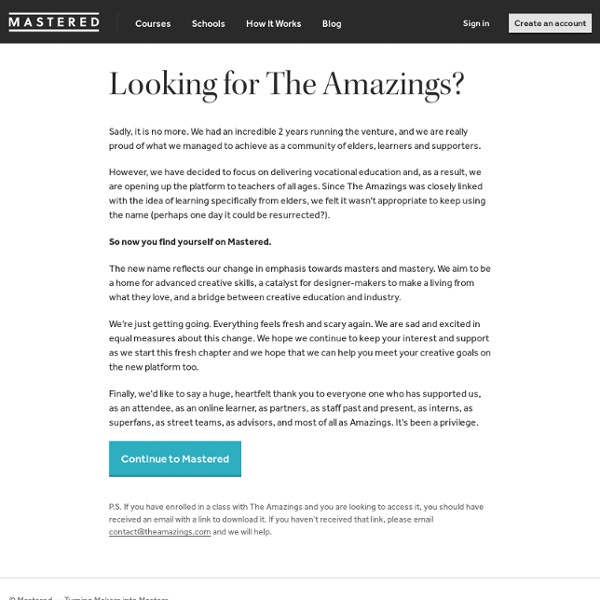Faculty of Arts HHUD: Age (s) as a cultural concept and practice
English version below Die Kategorien "Alter" und "Altern" gewinnen aufgrund der demographischen Entwicklung eine hohe gesellschaftspolitische Relevanz und eine große Aufmerksamkeit in den Wissenschaften. Das Alter(n) ist nicht nur eine biologische und soziale, sondern auch eine kulturelle Tatsache. Als Objekt der Verhandlungen zwischen Wissensdiskursen wie auch in der kulturellen Praxis erscheint Alter(n) als ein ebenso heterogenes wie problematisches Phänomen, das von Werturteilen und Weltanschauungen bestimmt wird. In der Forschungsinitiative "Alter(n) als kulturelle Konzeption und Praxis" soll, von einem erweiterten, die geistes-, sozial-, rechts- und medizinwissenschaftlichen sowie die wirtschaftswissenschaftlichen Diskurse integrierenden Konzept ausgehend, Alter(n) als Gegenstand des Wissens und als Konzept für die Gesellschaft erkannt und erforscht, die Phänomene der kulturellen Praxis analysiert sowie Strategien für produktive Formen des Alter(n)s entwickelt werden.
Grey Cells | Amba Batra Bakshi
From the 1960s on, family planning spots on radio and TV have made us see ourselves as a country of couples with exasperating gaggles of children. So it isn’t surprising that we—and the government that put out those spots—have been slow to realise what we have become: a gerontic nation. The number of our aged is growing rapidly. “India will soon be home to the world’s largest population of those above 60 and this issue needs to be addressed urgently,” says Dr Nata Menabde, the who’s country head for India. “Even if India were ready to care for its current population of the aged—which it is not—it would have to rework everything due to the huge predictions for the future.” Official figures say 12 per cent of India’s population of 1.2 billion is over 60 years. There’s something to be said for Indians living healthier and longer, but the rapidity with which we are greying creates worries for state and society—how to keep the aged safe, for example. Photograph by Sandipan Chatterjee
Senate Committee Approves New Type of Nursing Home - Capitol Desk
A new idea elbowed its way into the familiar pile of health care legislation in the Senate Committee on Health yesterday. A nursing home model -- the "Green House Project" -- bucks the cold, institutional feel of many long-term care facilities. "SB 1228 is a transformative bill that will eliminate red tape and save money. It is a revolutionary model of care," Senate member Elaine Alquist (D-San Jose) said, presenting her bill to the committee yesterday. "It puts the 'home' back into nursing home," Alquist said. The idea is to have a small facility laid out like a regular home, with living areas such as a dining room and kitchen, as well as a private room and bathroom for each patient. "The current statutory framework in California is [based on] the old model of care," Alquist said, "for traditional, institutional nursing homes." David Pierce of Mt. "We have actively sought approval to build Green House homes," Pierce said.
Caregiver's Handbook: A Guide to Caring for the Ill, Elderly, Disabled... and Yourself
One day you may find that someone you care about — a spouse, parent, relative, or close friend — needs help negotiating the daily tasks of life. Perhaps that day has already come. Close to 49 million informal or family caregivers offer assistance of all sorts to adults in America, according to the National Alliance for Caregiving and AARP. Their efforts are vital to the lives of people struggling with illness, disability, or the changes that often accompany aging. The information in this report will assist you in meeting the needs of the person you care for while attending to your own. Prepared by the editors of Harvard Health Publications in consultation with Anne Fabiny, M.D., Chief of Geriatrics at the Cambridge Health Alliance and Assistant Professor of Medicine at Harvard Medical School, and Suzanne Modigliani, L.I.C.S.W., C.M.C., Geriatric Care Manager, Brookline, MA. 49 pages. (2012) Scouting the path ahead



